Fashola gives account of work done in his ministry
- Babatunde Fashola gave account of his work as minister of power, works and housing
- The minister noted that the ministry inherited huge debts
- He said important roads were selected to rehabilitation
Babatunde Fashola, the minister of power, works and housing has provided an account of the work he has been doing since he was appointed to the position by President Muhammadu Buhari.
Fashola noted that 206 road projects were inherited from the Goodluck Jonathan administration and that due to lack of payment spanning two to three years, some of the projects were abandoned.
The minister said that although the ministry received a high share of the 2016 budget, it had to contend with debt.
Read his statement below:
READ ALSO: Lagos-Ibadan expressway to be completed soon - Fashola
This ministry as we all know is responsible for civil Works especially the construction of roads, bridges, buildings and other similar civil engineering undertakings.
As I mentioned during my briefing on the agenda setting, we had inherited about 206 road projects already contracted out; with outstanding completion costs in the region of N1.5 Trillion.
Although the works ministry share of the 2016 appropriation was N260 Billion, which was a lot more than the 2015 budget of only N18 Billion that the last administration left, it is a drop in the ocean against the liabilities that were outstanding to contractors.
Our interactions with contractors showed that many of them had not been paid for an average of 2 to 3 years before we resumed, and this explained the stoppage of works, by the contractors, the layoff of workers, and consequently poor condition of many roads.
With limited resources against liabilities, with debts already owed, we had to make difficult choices of deciding which of the 206 roads under contract we should start with, and how many.
Our choices were informed by the realities of our economy and the size of our resources,
We resolved that all roads are economic roads but that some were more urgent and more impactful than others.
So our choices were determined by roads that carried the heaviest cargo, to allow farmers, businessman, industries and travelers move their goods and themselves across the country in order to drive productive activity.
READ ALSO: Privatisation reversal: Count me out - Fashola
Secondly, we chose roads that support our energy sufficiency and put our resources in roads leading to and from petroleum tank farms so that we can move petro, diesel and kerosene across Nigeria.
We also chose roads that led to and from our major sea and airports so that maritime business can go on, to drive the economy.
See photos of the projects below
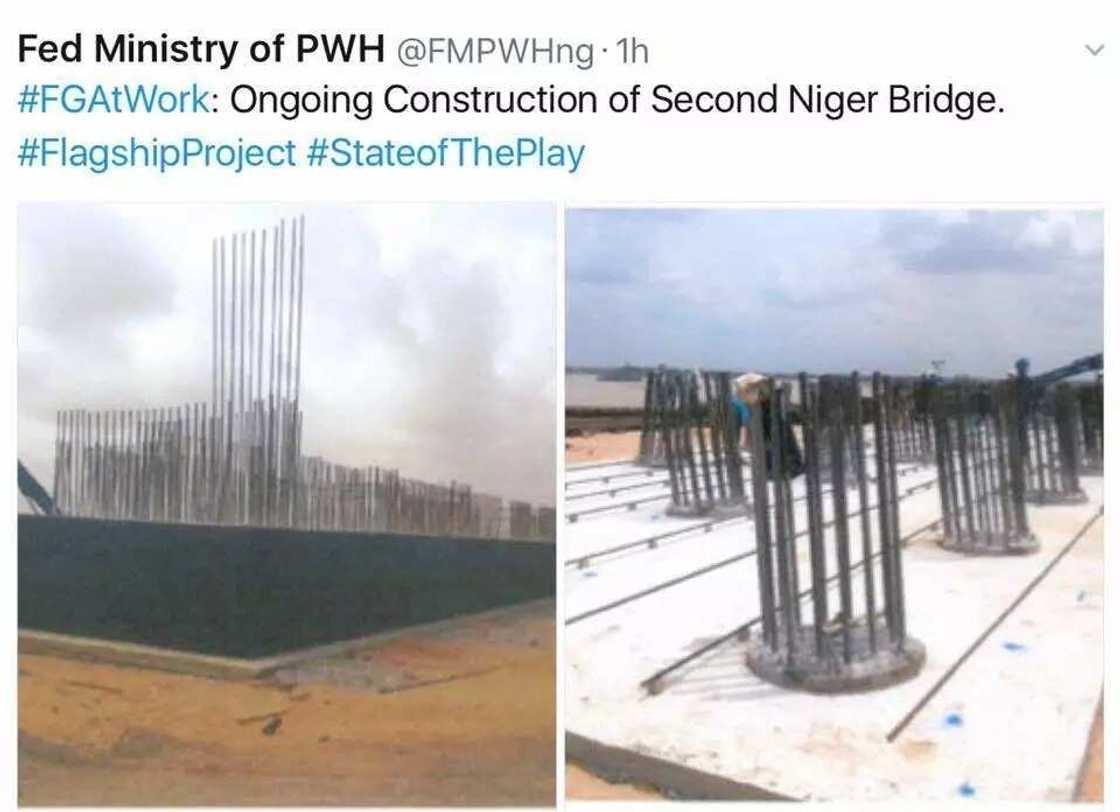
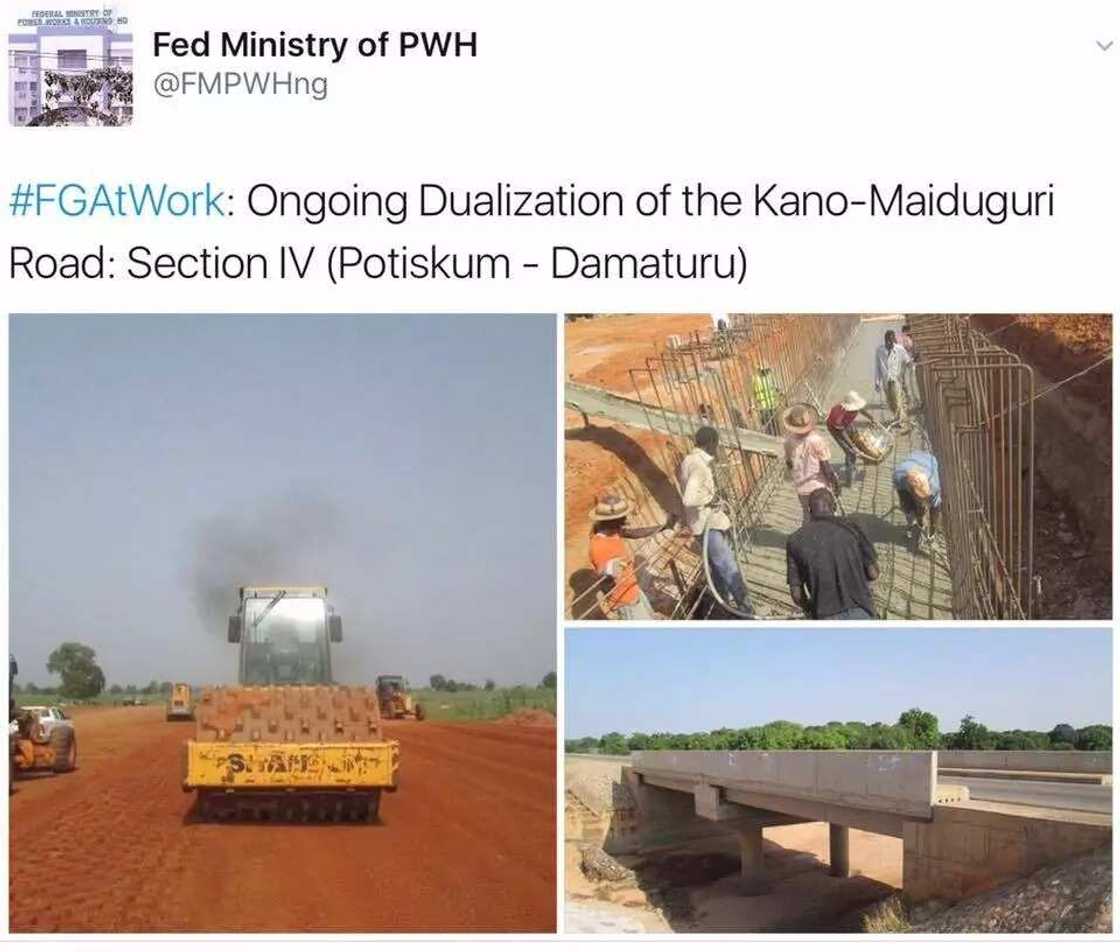
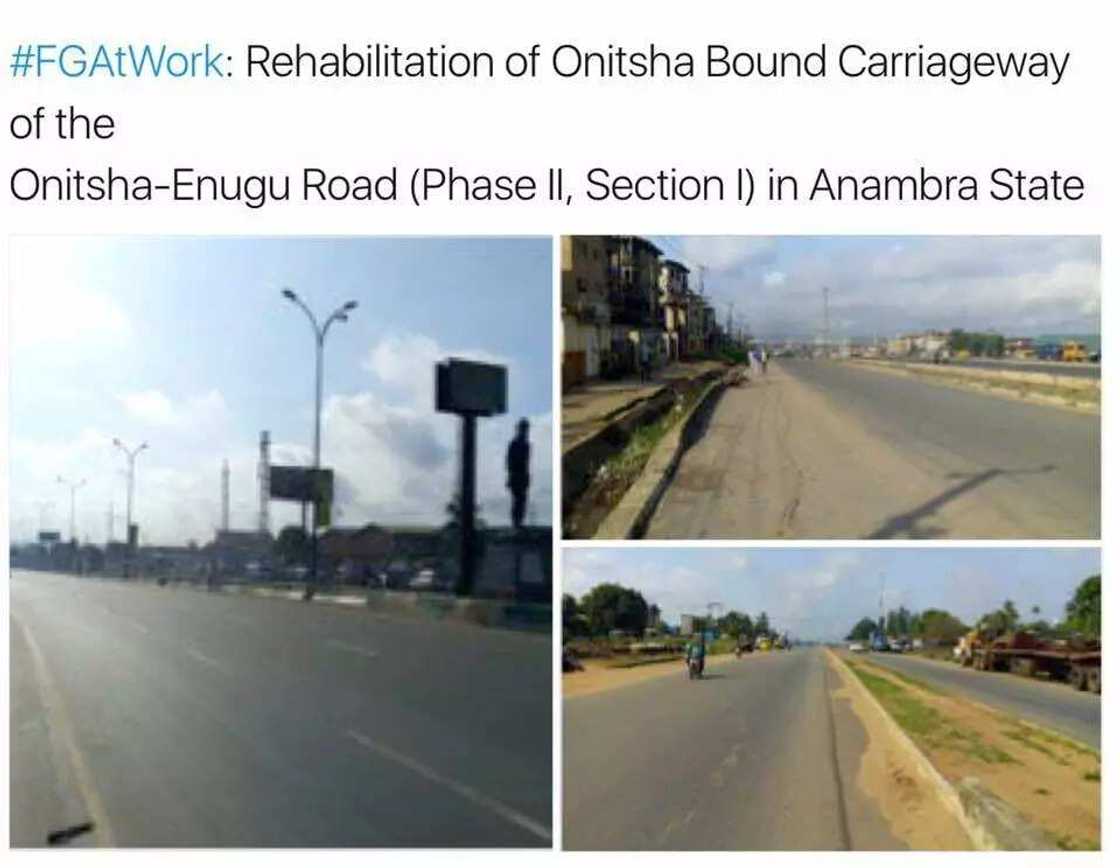
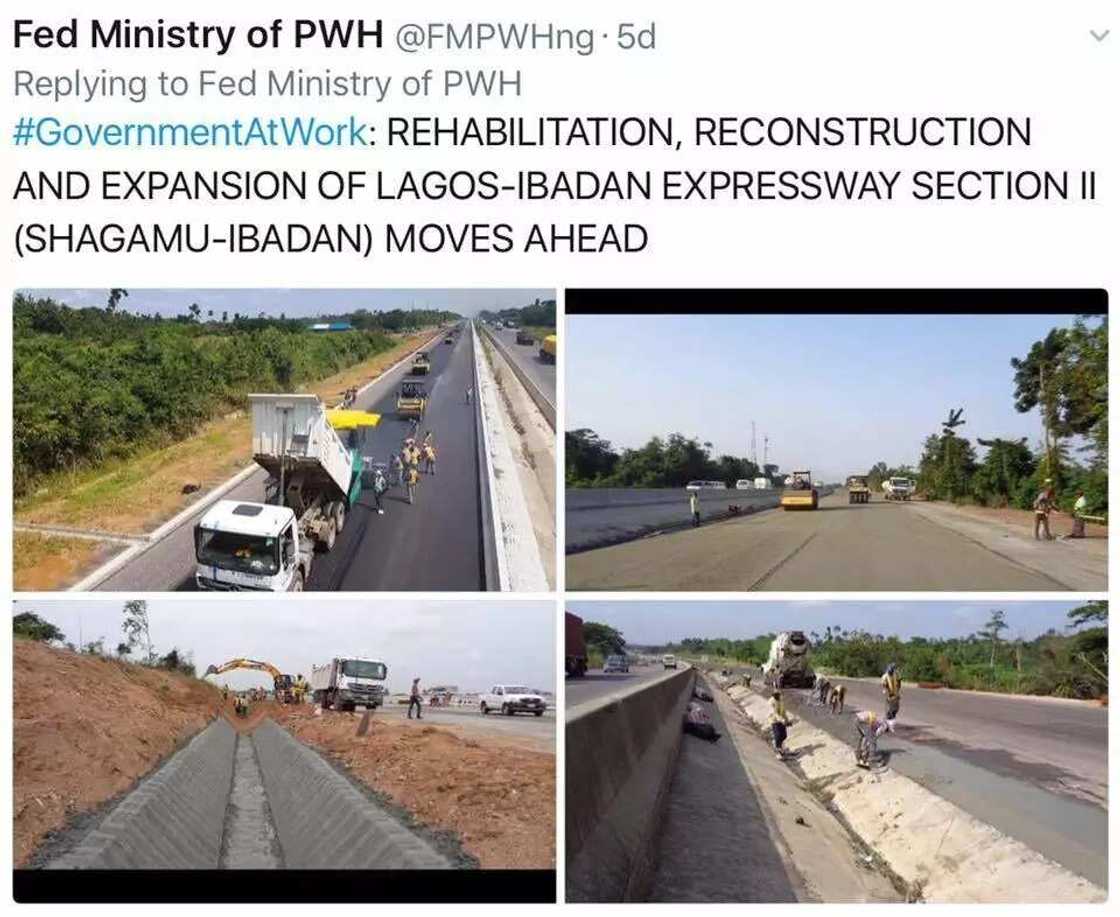
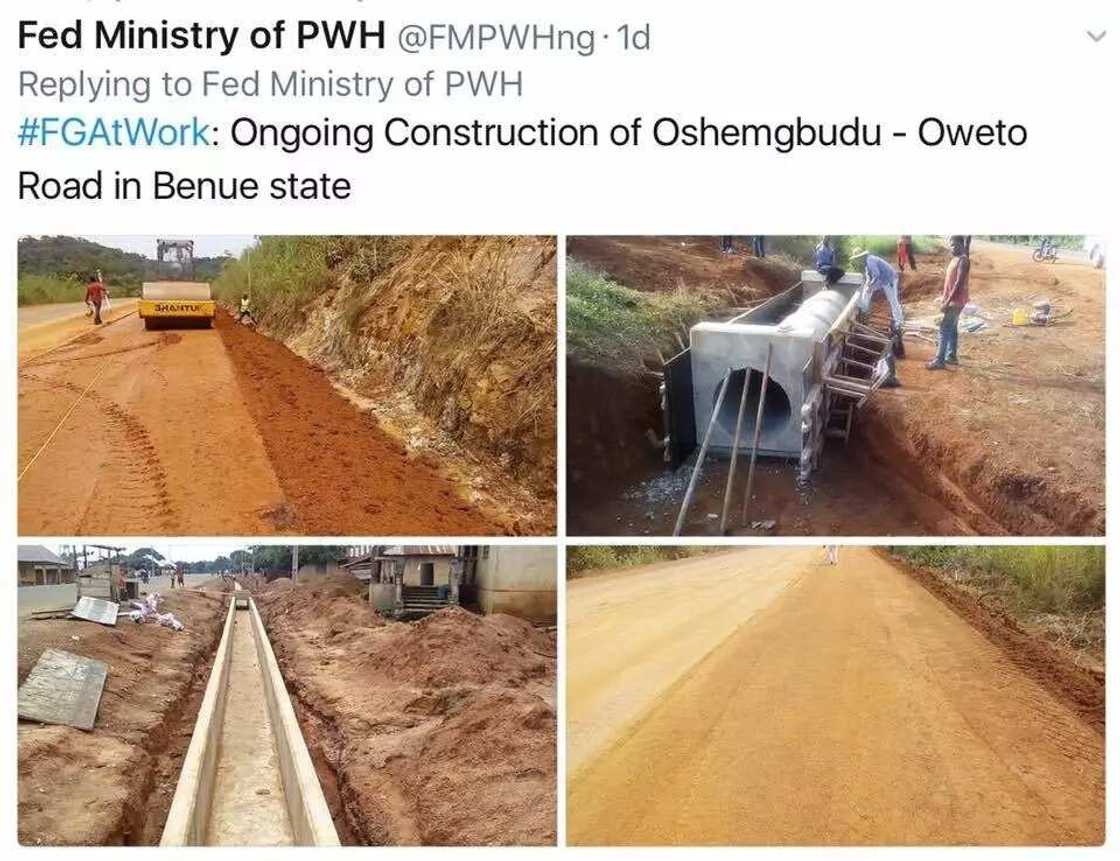
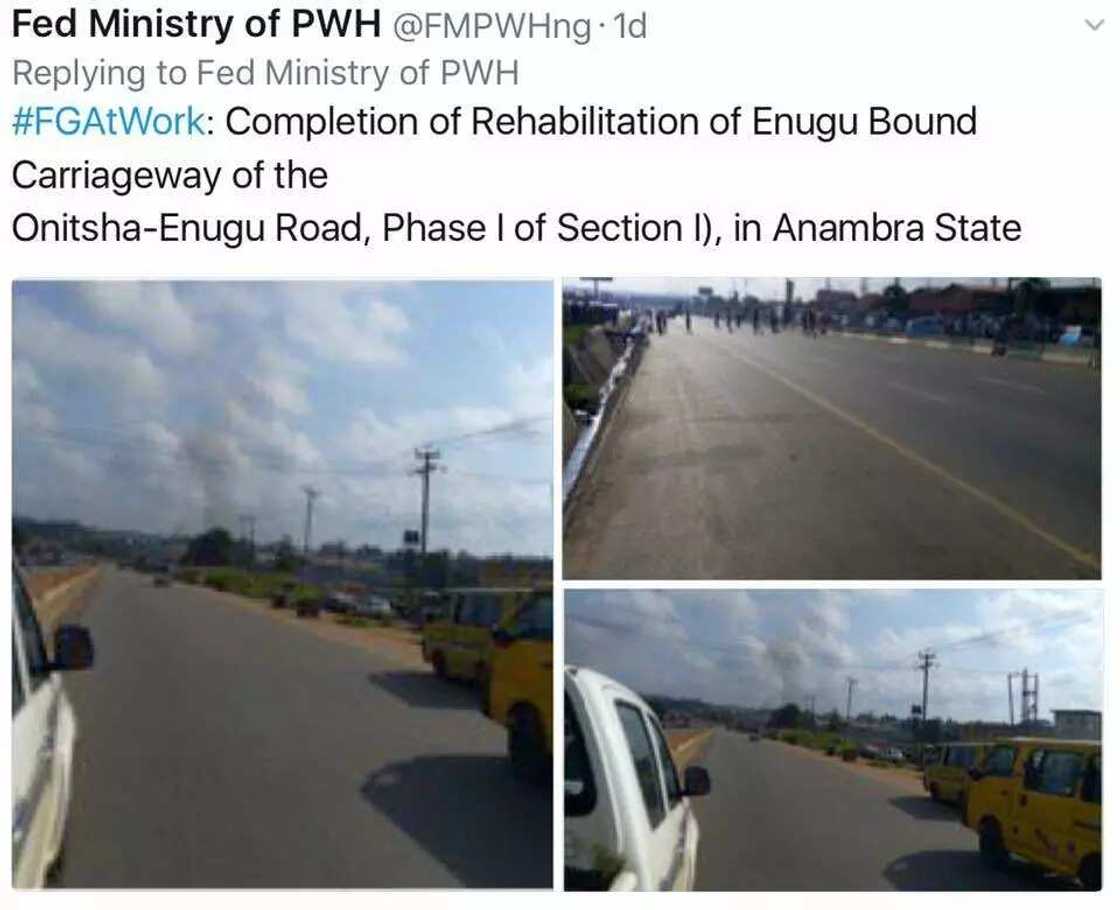
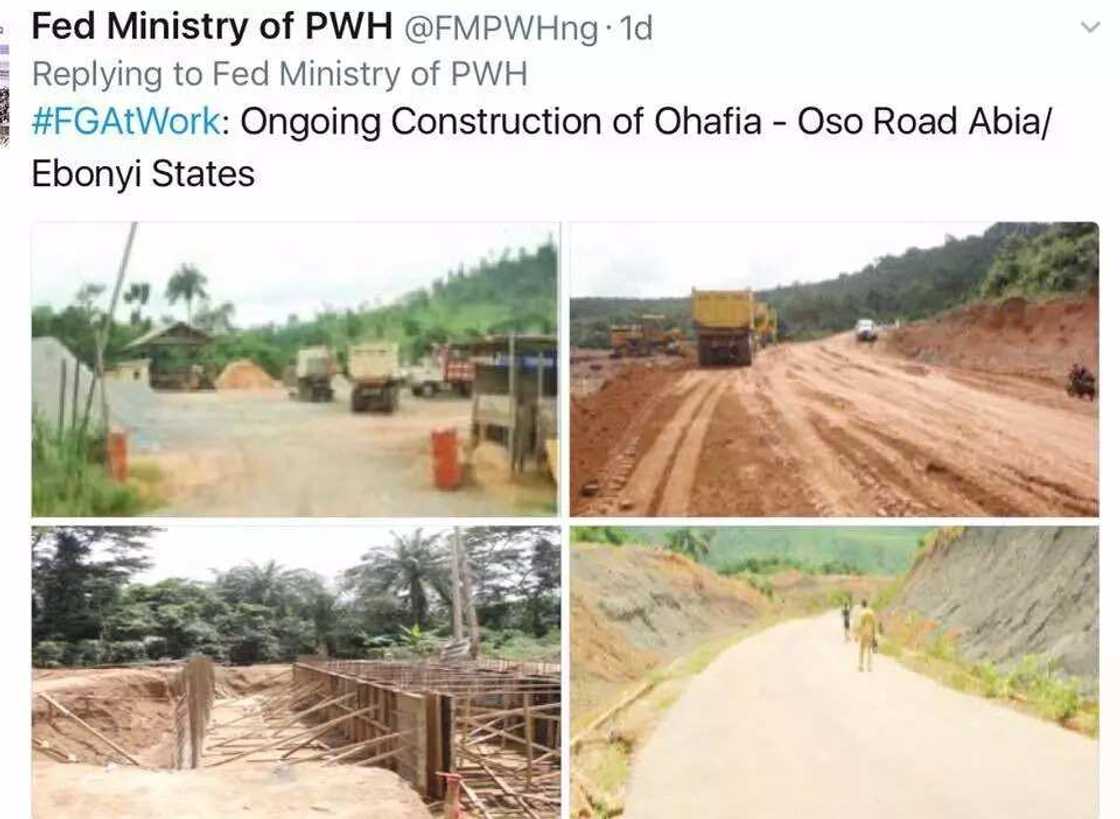
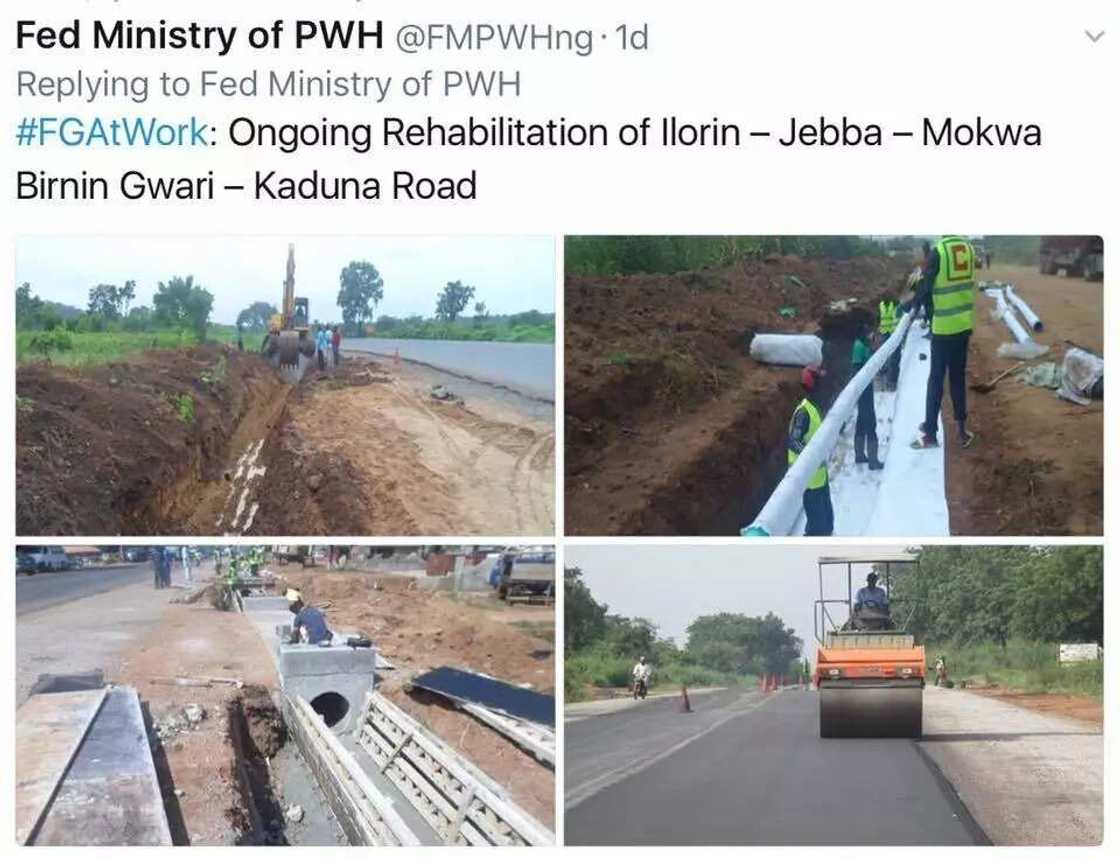
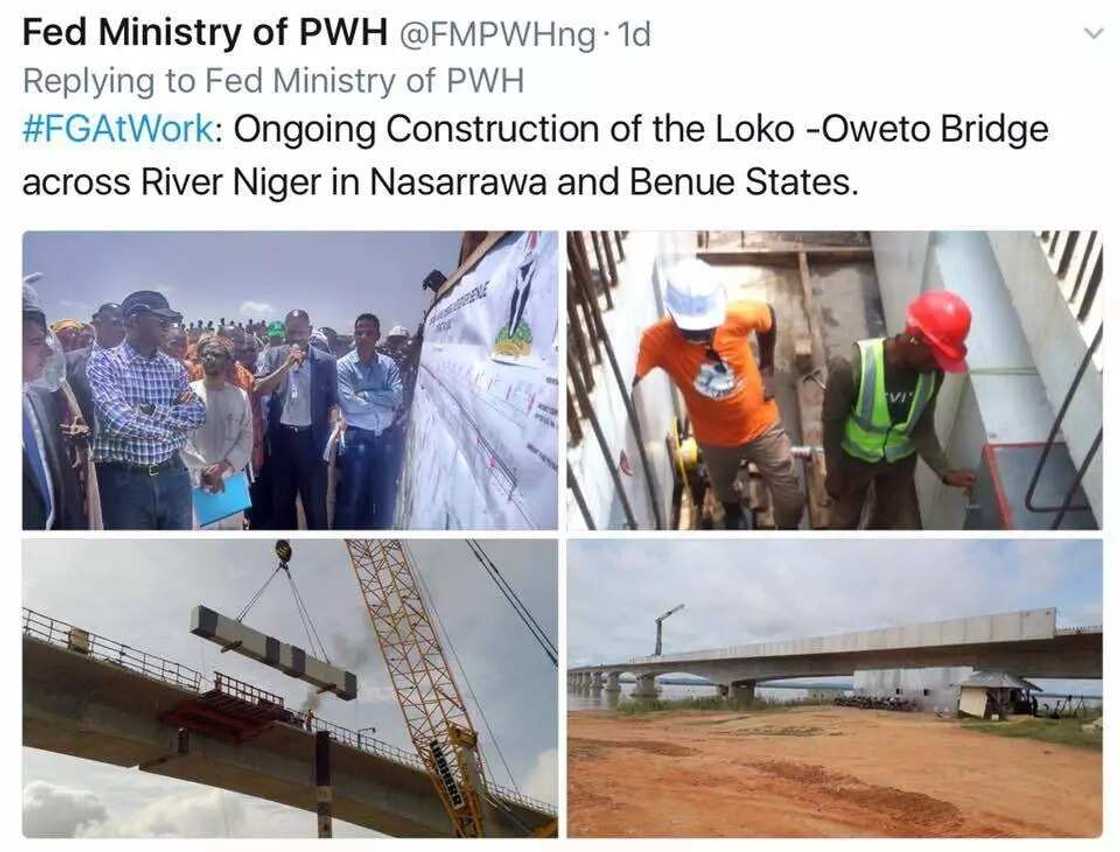
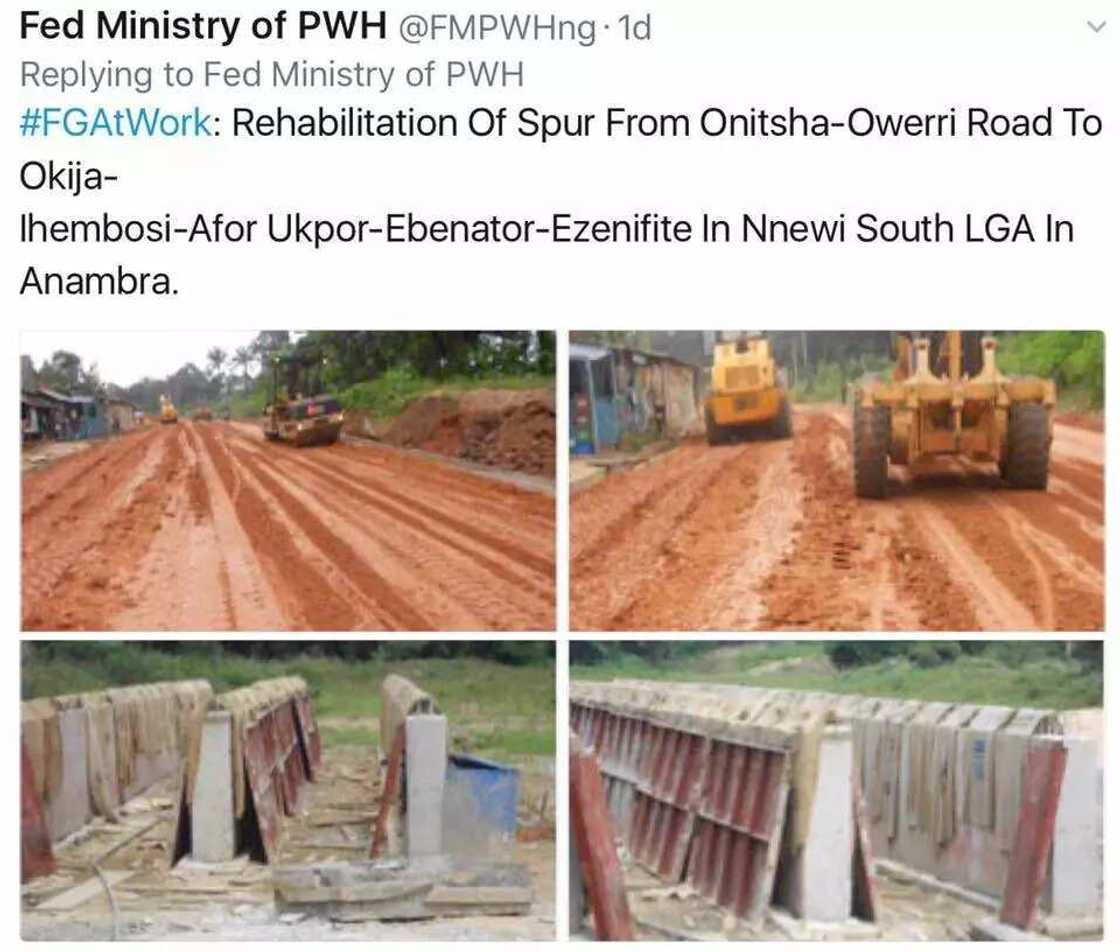
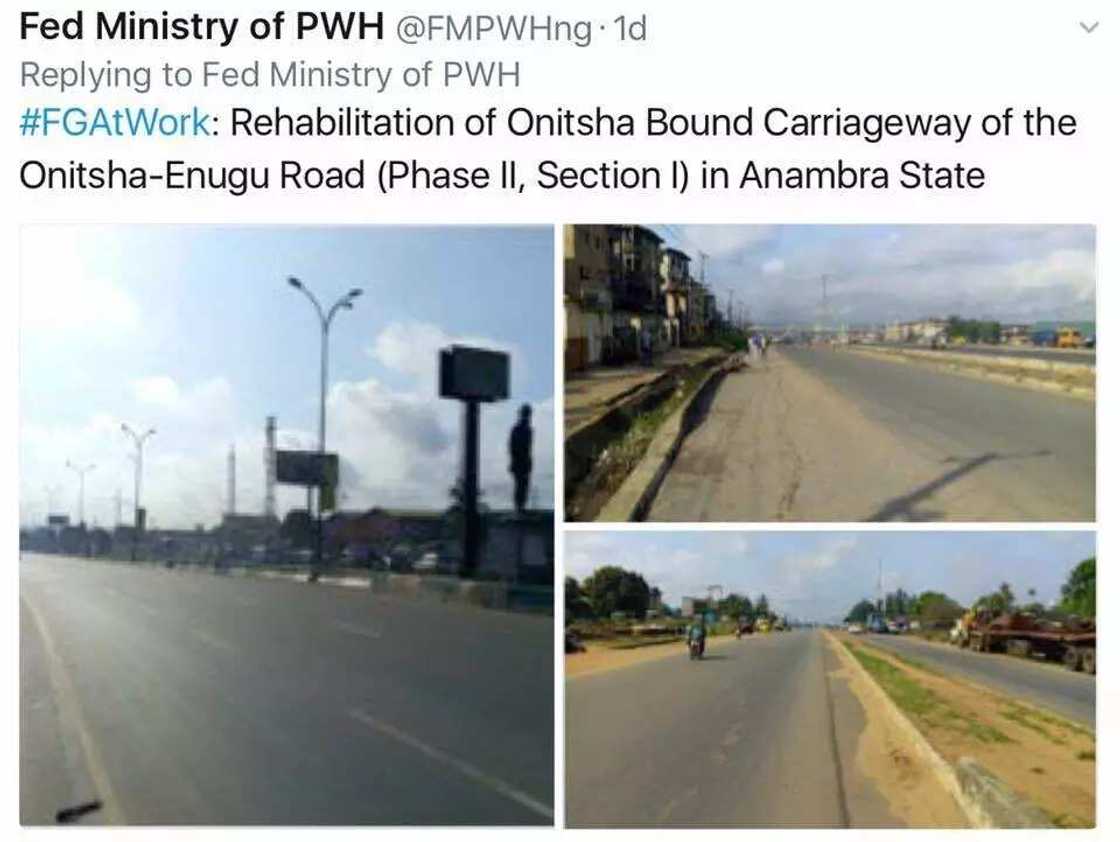
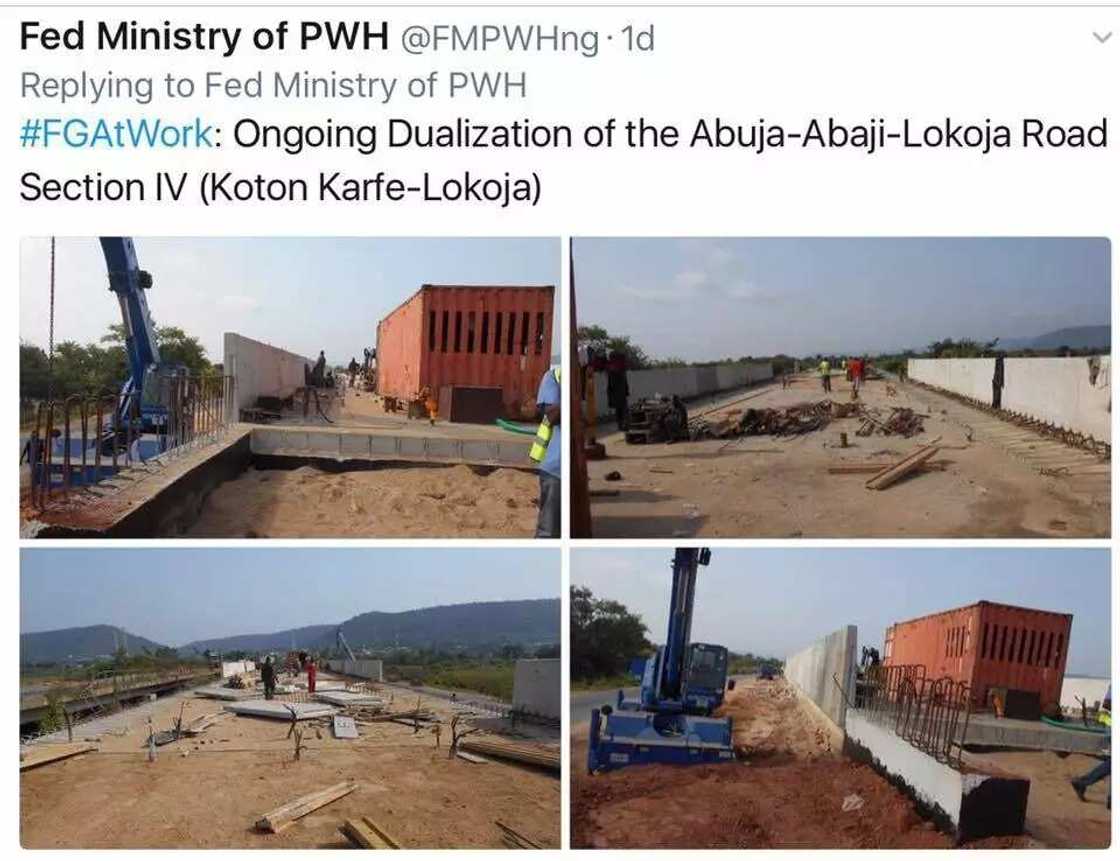

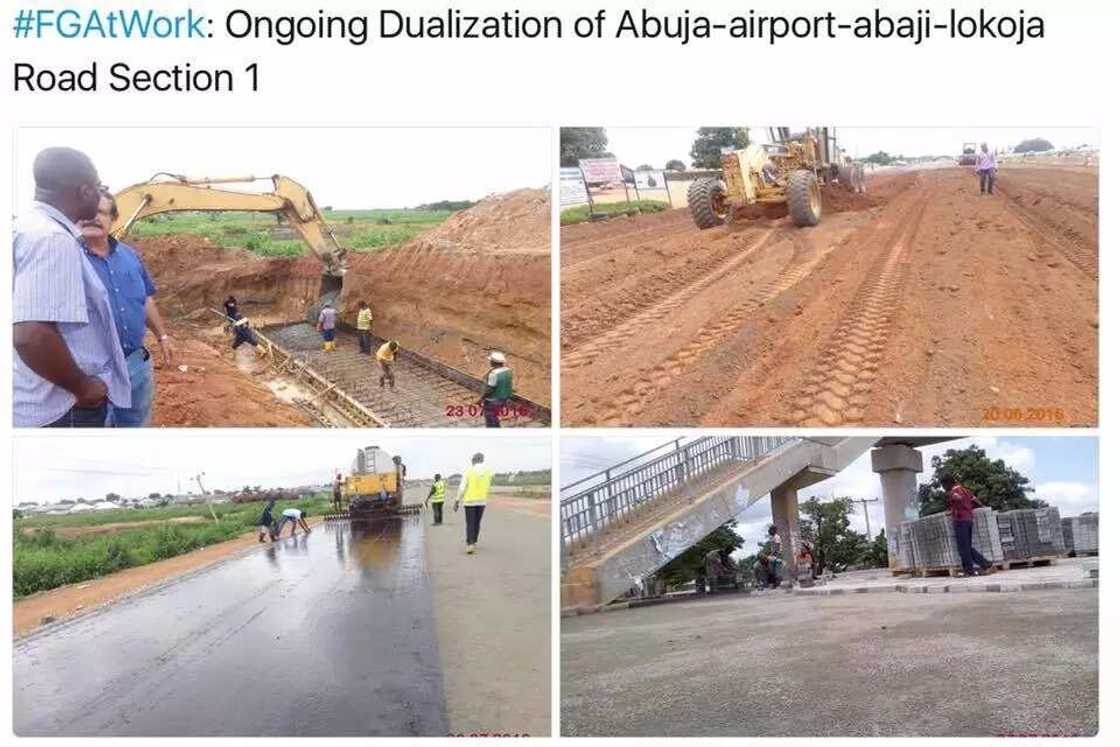
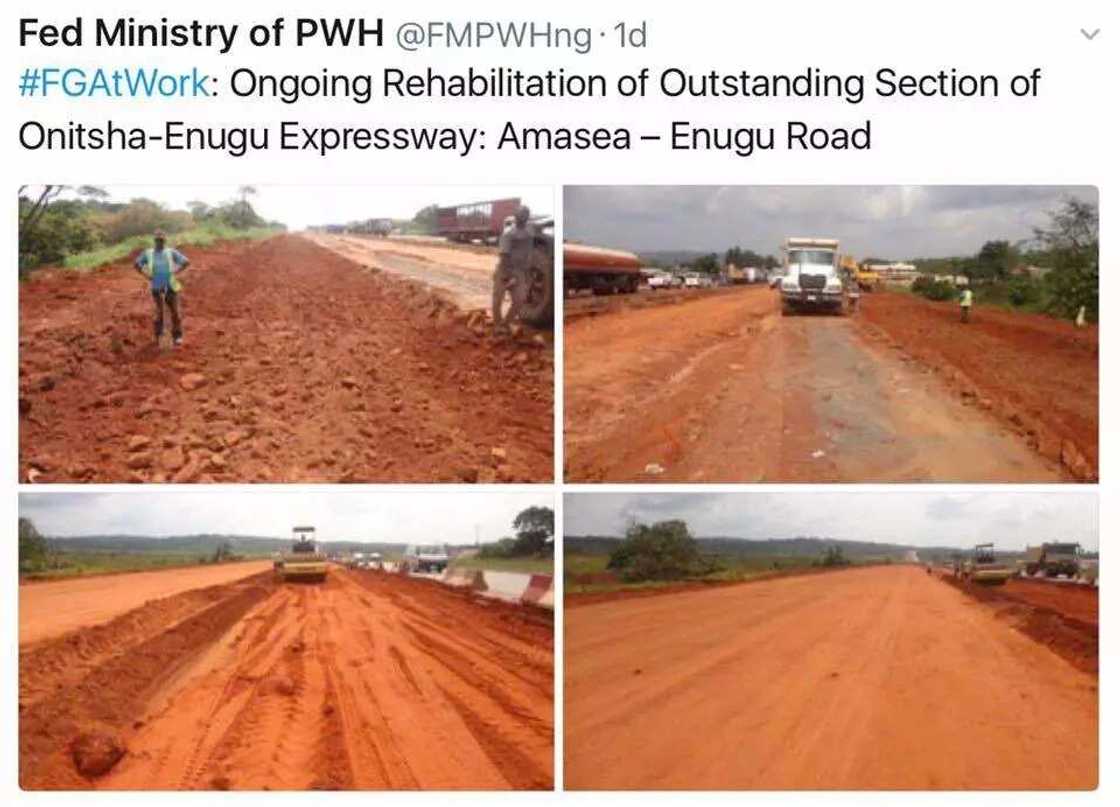
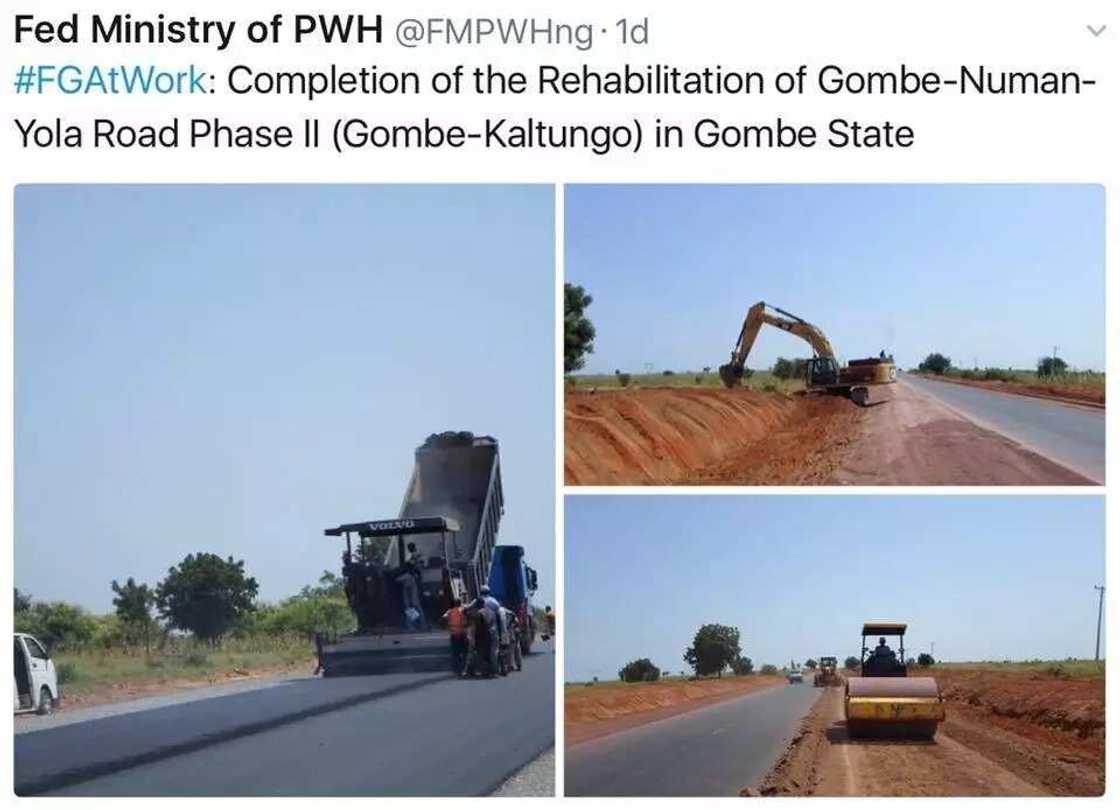
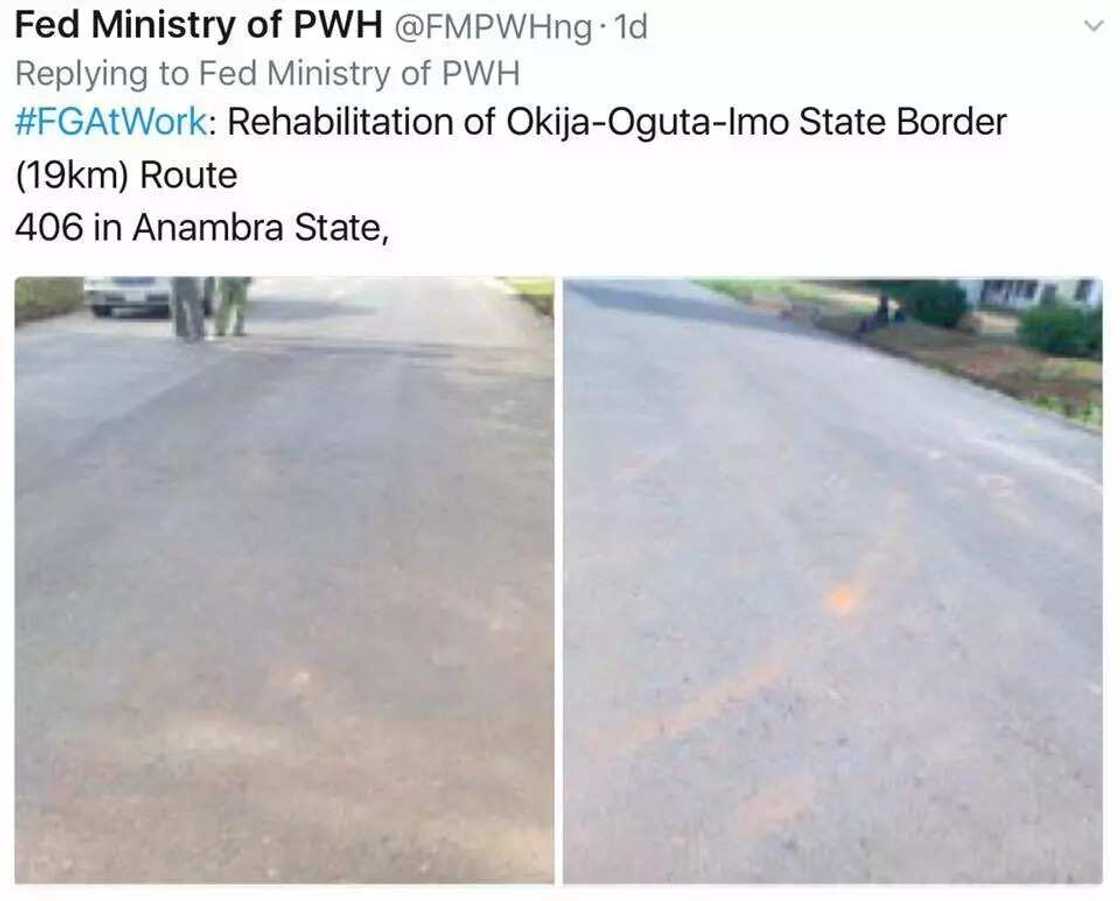
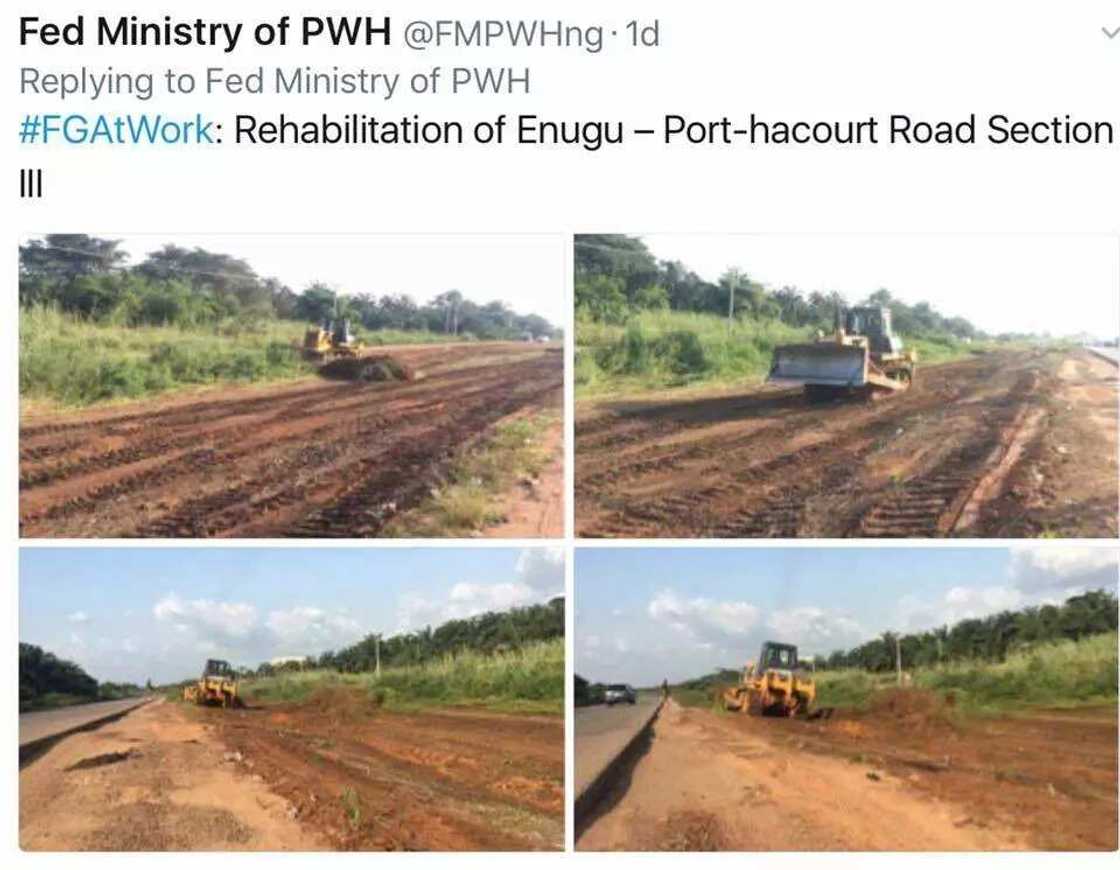
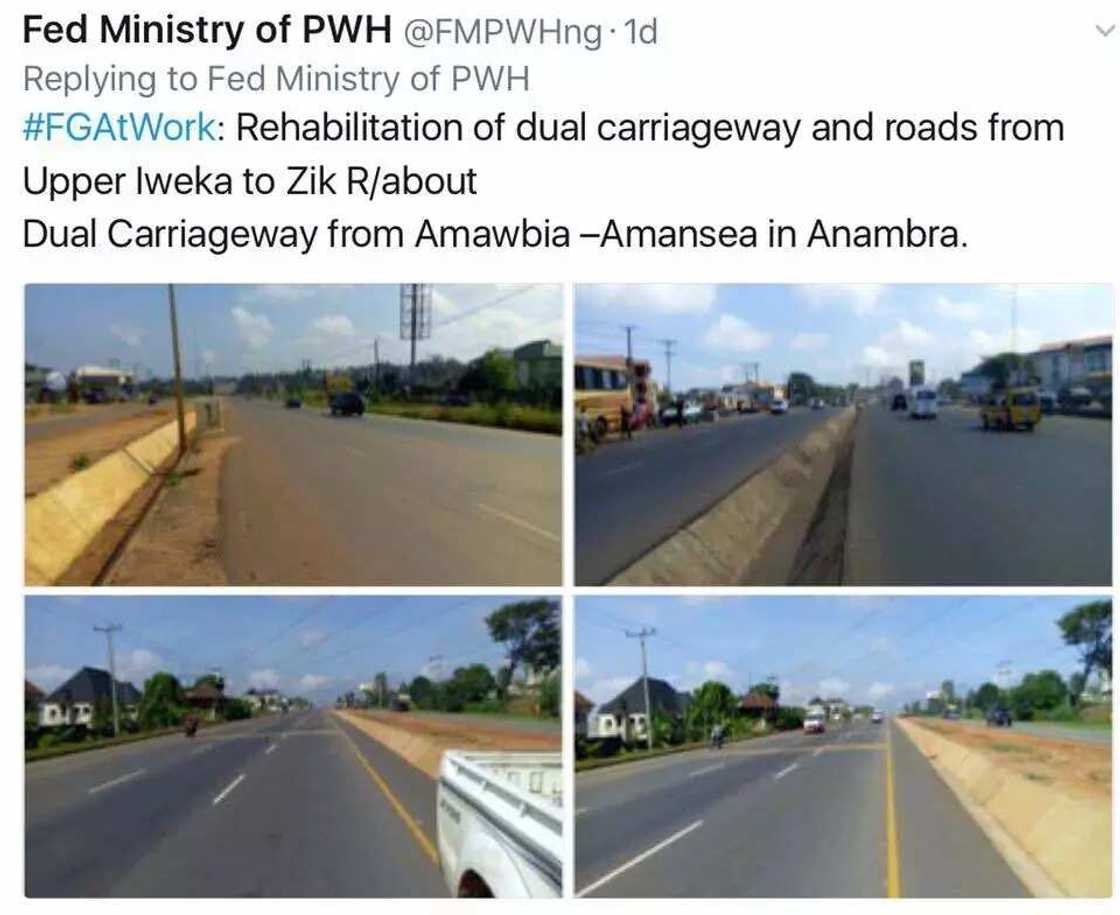
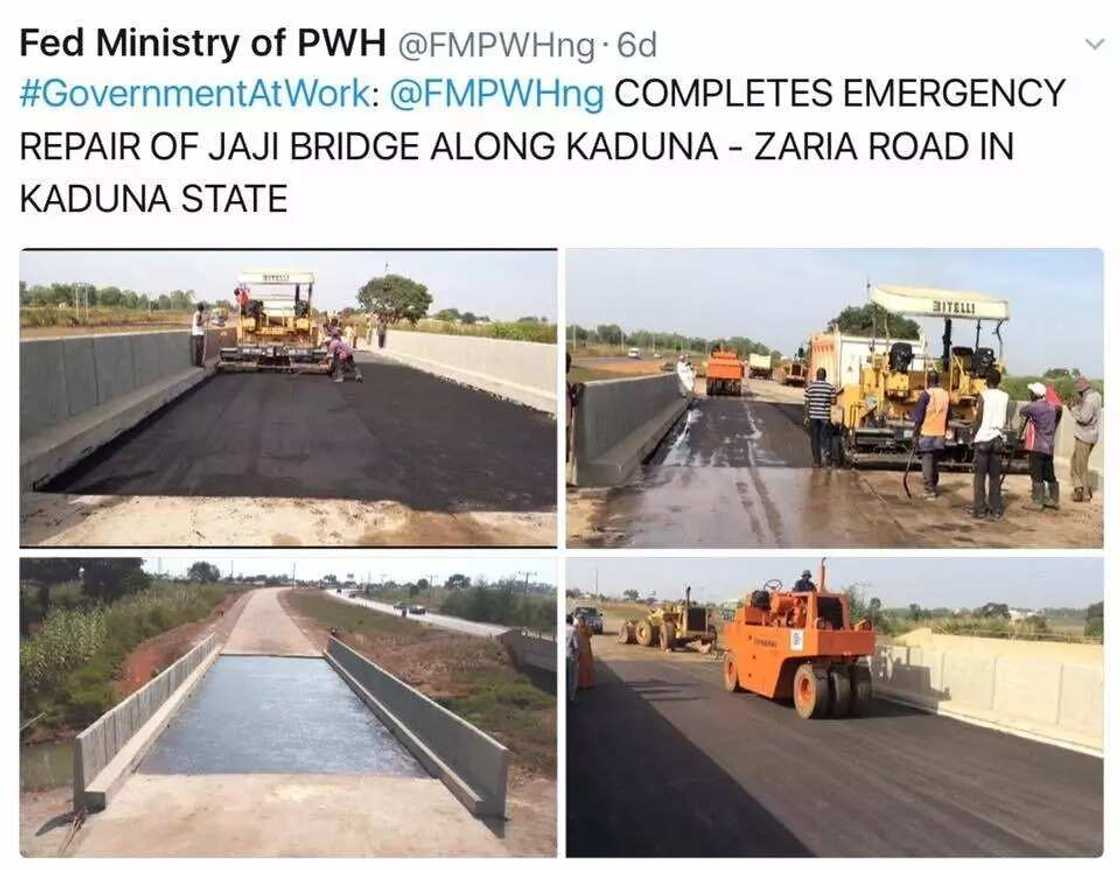
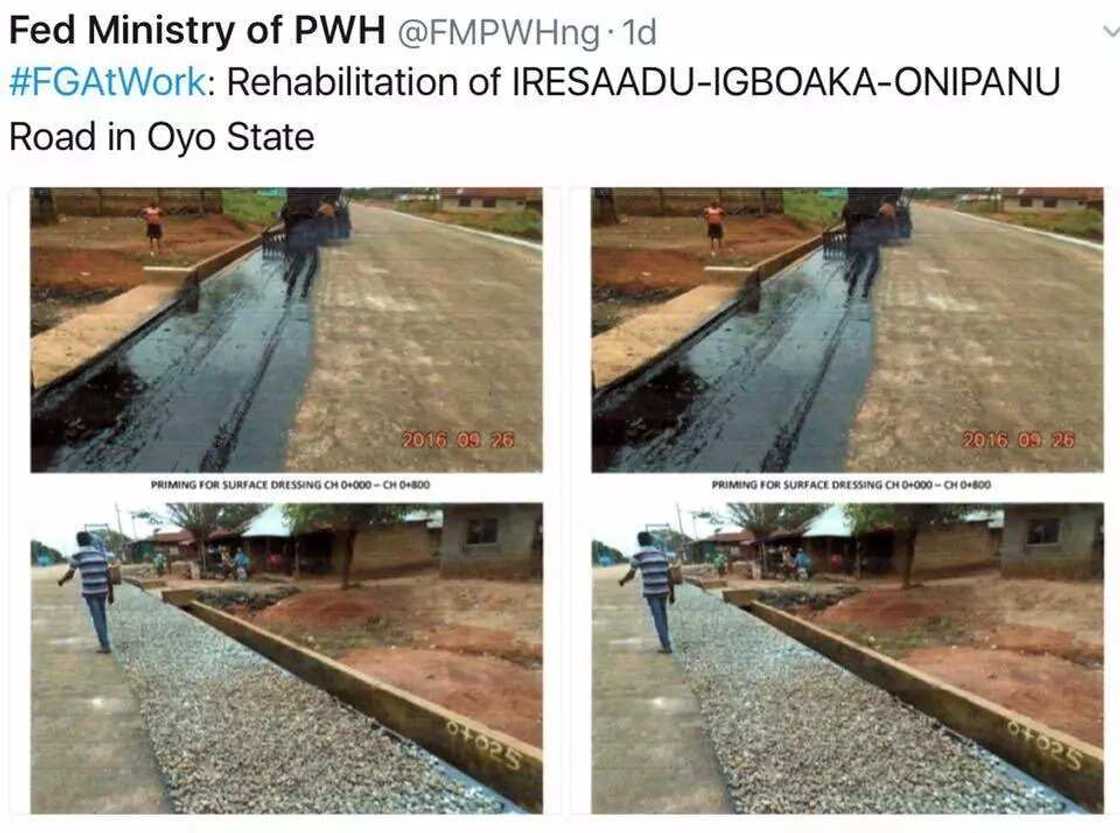
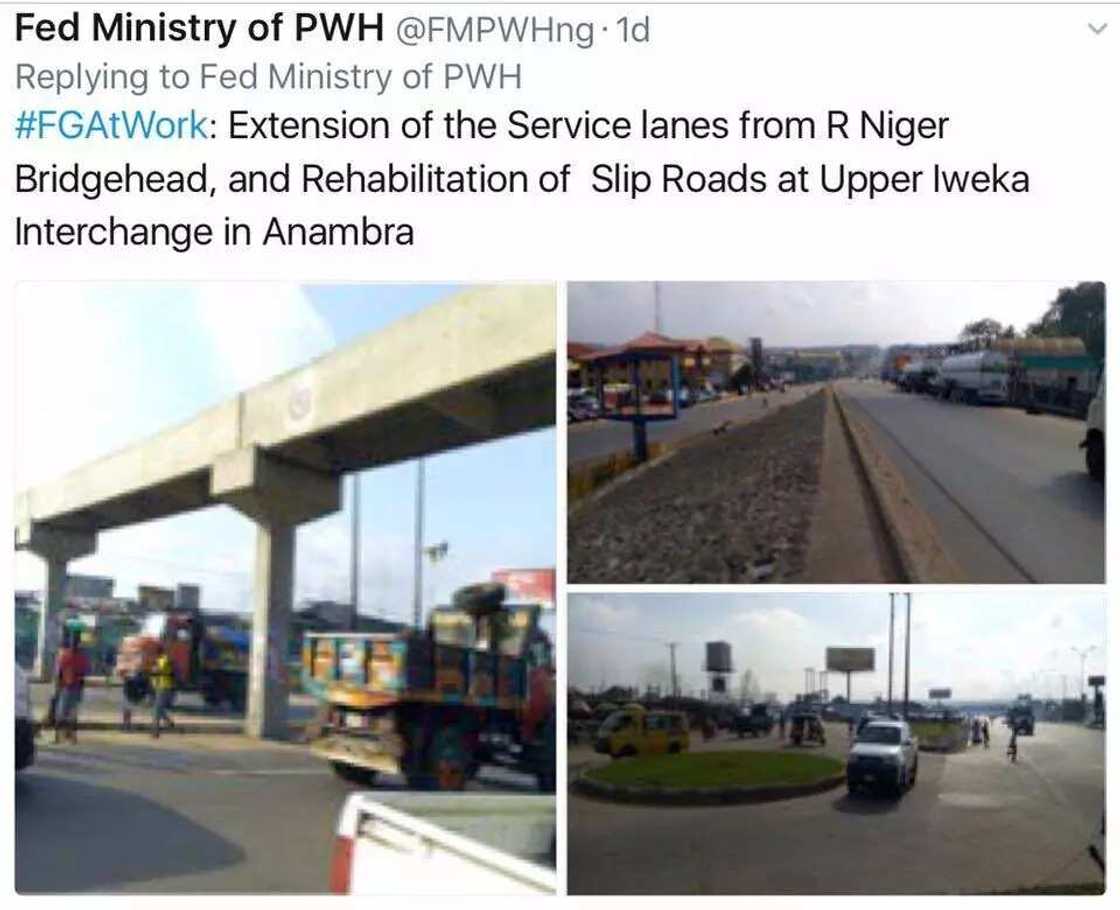
Source: Legit.ng


